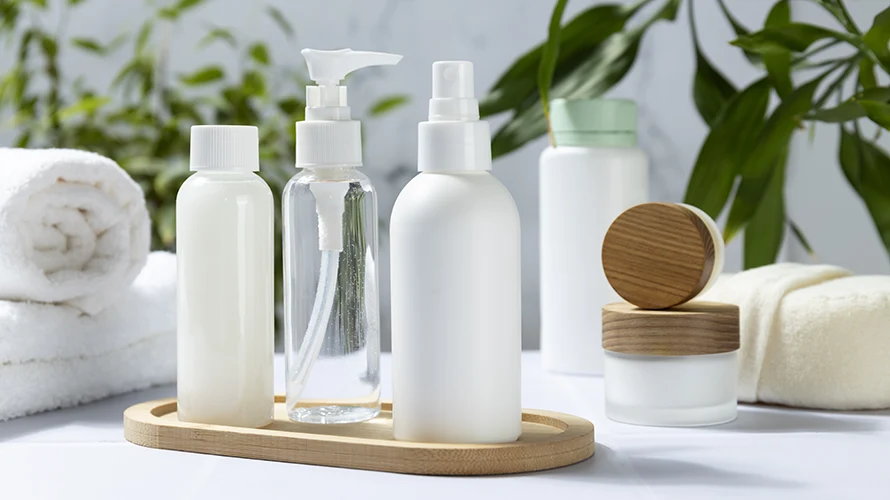The skincare industry, particularly in the United States, has witnessed a significant transformation over the past decade. This transformation is largely attributed to the growing demand for high-quality, effective products that offer tangible results. Among the most notable trends is the rise of private label medical grade skin care, where brands are tailoring premium products to meet specific consumer needs.
What is Private Label Medical Grade Skincare?
Private label medical grade skincare refers to products developed by third-party manufacturers and branded under a different company’s label. These products are crafted with high concentrations of active ingredients, designed to offer results akin to those found in clinical settings. Unlike over-the-counter options, medical grade skincare often boasts ingredients that penetrate deeper into the skin layers, providing prolonged and more evident results.
Why Choose Private Label Skincare in the USA?
- Customization and Flexibility:
- Private labeling allows businesses to tailor formulations according to market demands, consumer preferences, and emerging skincare trends.
- Brands can collaborate with manufacturers to develop unique product lines that differentiate them from competitors.
- Quality and Efficacy:
- Medical grade skincare is known for its superior quality, offering results that consumers trust.
- Products are often subject to rigorous testing ensuring safety and effectiveness.
- Faster Time to Market:
- With an existing infrastructure, private label manufacturers can expedite production, allowing brands to launch their products swiftly.
- This advantage is particularly beneficial for brands looking to capitalize on emerging trends or seasonal demands.
The Importance of Premium Packaging for Products
In the competitive landscape of skincare, product efficacy is just one part of the equation. The packaging plays a crucial role in capturing consumer attention and conveying brand value. Here’s why premium packaging for products is essential:
- First Impressions Matter:
- Visually appealing packaging can capture a potential buyer’s attention, setting your product apart on crowded shelves.
- Aesthetic packaging can influence purchasing decisions, especially in the beauty industry.
- Reflects Brand Identity:
- Packaging is an extension of your brand. It communicates the brand’s values, ethos, and market positioning.
- For premium products, the packaging should resonate with luxury and sophistication, reinforcing the brand’s image.
- Functional Benefits:
- High-quality packaging ensures product stability and longevity by protecting contents from external contaminants.
- Features like airless pumps or UV-protective containers are crucial for preserving the efficacy of active ingredients.
Trends in Private Label Skincare USA
The private label skincare market in the USA is booming, driven by several key trends:
- Clean and Sustainable Beauty:
- Consumers are gravitating towards products that are environmentally friendly, cruelty-free, and sustainably sourced.
- Brands are responding with formulations that are free from harmful chemicals and packaging that is recyclable or biodegradable.
- Personalized Skincare Solutions:
- The one-size-fits-all approach is fading. Consumers now seek products tailored to their specific skin concerns and types.
- Advanced technologies and data-driven insights enable brands to offer personalized skincare experiences.
- Digital Marketing and E-commerce:
- With the rise of online shopping, brands are optimizing digital marketing strategies to reach a broader audience.
- Effective use of social media platforms and influencer collaborations can significantly enhance brand visibility and consumer engagement.
Building a Successful Private Label Skincare Brand
To thrive in the competitive world of private label medical grade skin care, brands must focus on building a strong foundation:
- Research and Development:
- Invest in thorough market research to identify gaps and opportunities in the skincare sector.
- Collaborate with experienced manufacturers that offer cutting-edge R&D capabilities.
- Regulatory Compliance:
- Ensure all products comply with relevant regulations and standards, such as those set by the FDA.
- Transparency in ingredient sourcing and formulation can build consumer trust.
- Strategic Partnerships:
- Partner with reputable suppliers and manufacturers with a proven track record in producing high-quality skincare products.
- Consider collaborations with dermatologists or skincare experts to lend credibility to your brand.
Conclusion
The private label medical grade skincare industry in the USA presents a lucrative opportunity for brands willing to innovate and cater to discerning consumers. By leveraging the benefits of private labeling, focusing on quality, and emphasizing premium packaging for products, brands can carve a niche in this dynamic market.
Ready to launch your own private label skincare line? Start by partnering with experienced manufacturers who can turn your vision into reality. Remember, in the world of skincare, quality, and presentation go hand-in-hand. Make sure your brand stands out with exceptional products and stunning packaging.
